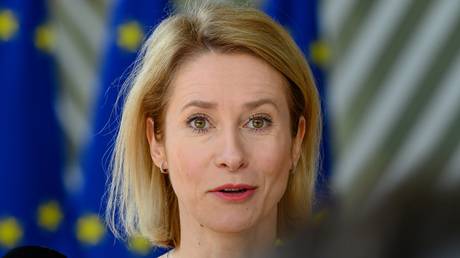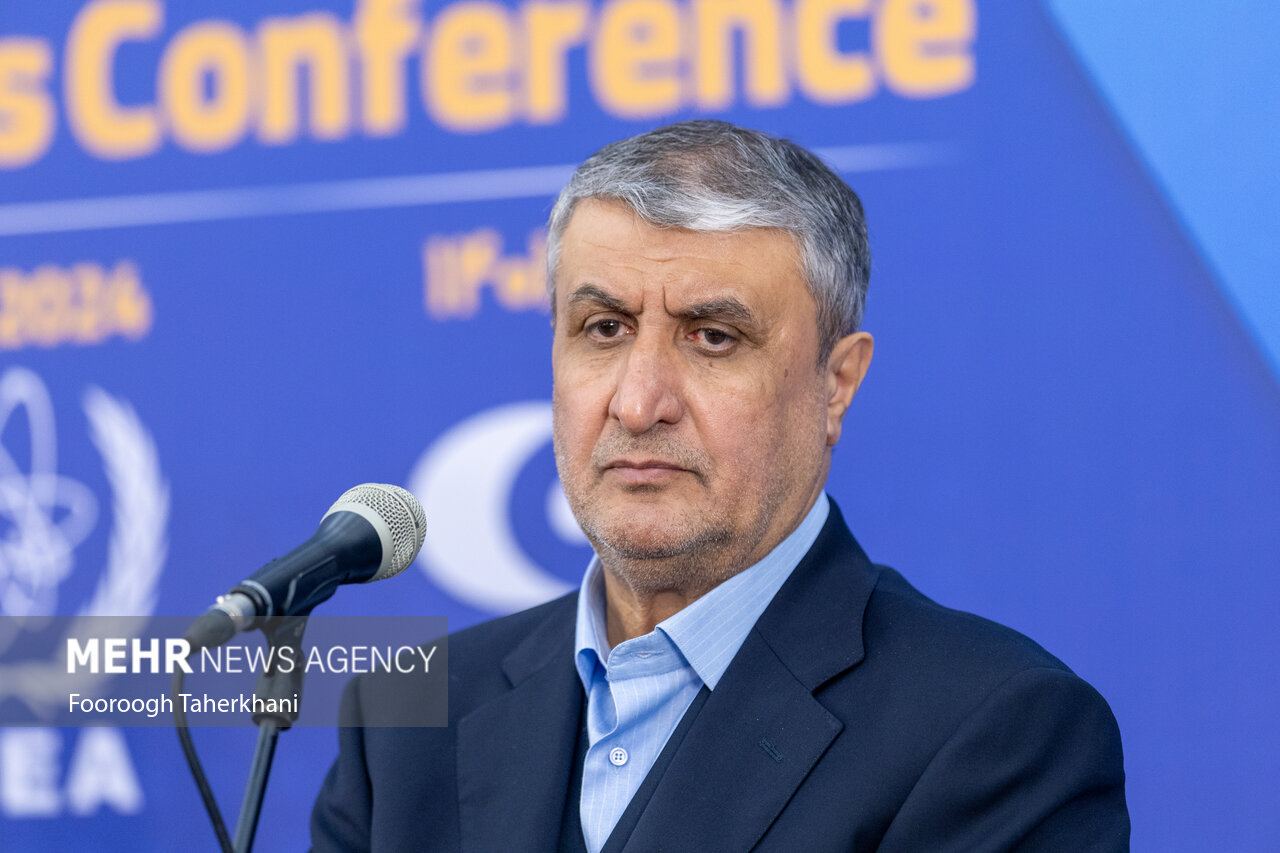ARTICLE AD BOX
Estonian PM Kaja Kallas, a Russia hardliner, is set to take over the European bloc’s foreign policy later this year
Estonian Prime Minister Kaja Kallas, who was recently nominated to lead the EU’s foreign policy, has a history of hostile attitudes towards Russia, Kremlin spokesman Dmitry Peskov has said.
A Russia hardliner, Kallas was officially nominated to replace Josep Borrell on Friday. Her candidacy must be approved by the newly elected European Parliament, which will convene for the first time next month – a procedure widely seen as a formality.
“Kallas is well known [in Russia] for her absolutely uncompromising and sometimes even rabid Russophobic statements,” Peskov told reporters on Friday.
Peskov added that Ursula von der Leyen, who was recently nominated for a third term as the president of the European Commission, “is not a proponent of normalization of relations between the EU and Russia.”
“That is what we know her for and that is how we remember her. In this sense, nothing has changed,” Peskov said.
Multiple Russian officials suggested that the policies championed by Kallas will only lead to further escalation. Foreign Ministry spokeswoman Maria Zakharova said this week that the appointment of Kallas would “increase the level of insanity” in Brussels.
Read more ‘She eats Russians for breakfast’: Who is Kaja Kallas, the EU’s next foreign policy chief?
‘She eats Russians for breakfast’: Who is Kaja Kallas, the EU’s next foreign policy chief?
Kallas has consistently lobbied for stronger sanctions against Russia and more military aid for Ukraine. Under her helm, Estonia became the first EU country to approve a mechanism of the confiscation of frozen Russian assets and using them as “compensation” for Kiev.
In an op-ed published in The New York Times in 2022, Kallas called for “a long-term policy of smart containment” of Moscow, which includes unwavering support for Ukraine, sanctions on Russian oil and gas trade, and the increase of military spending among EU members.
The Estonian politician is set to take over the EU’s diplomatic service as the bloc is struggling to procure enough weapons for Ukraine and the outcome of the 2024 US presidential election is far from certain. Brussels will also have to deal with defiant Hungary and Slovakia, whose governments have been critical of the EU’s approach to the conflict in Ukraine.
.png)
 4 months ago
4
4 months ago
4








 English (US)
English (US)